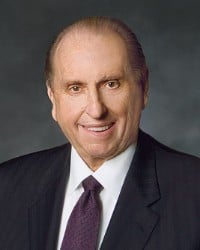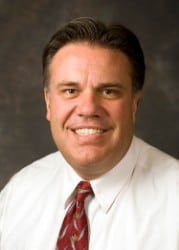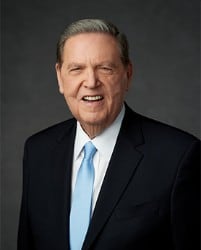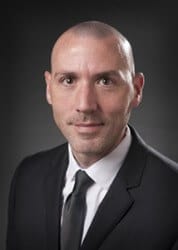
Any reluctance to sacrifice whatever God requires will, to that degree, lessen our ability to have faith in God.“But those who have not made this sacrifice to God do not know that the course which they pursue is well pleasing in his sight; for whatever may be their belief or their opinion, it is a matter of doubt and uncertainty in their mind; and where doubt and uncertainty are there faith is not, nor can it be. For doubt and faith do not exist in the same person at the same time; so that persons whose minds are under doubts and fears cannot have unshaken confidence; and where unshaken confidence is not there faith is weak; and where faith is weak the persons will not be able to contend against all the opposition, tribulations, and afflictions which they will have to encounter in order to be heirs of God, and joint heirs with Christ Jesus; and they will grow weary in their minds, and the adversary will have power over them and destroy them.”
| Lectures on Faith, 6:15




